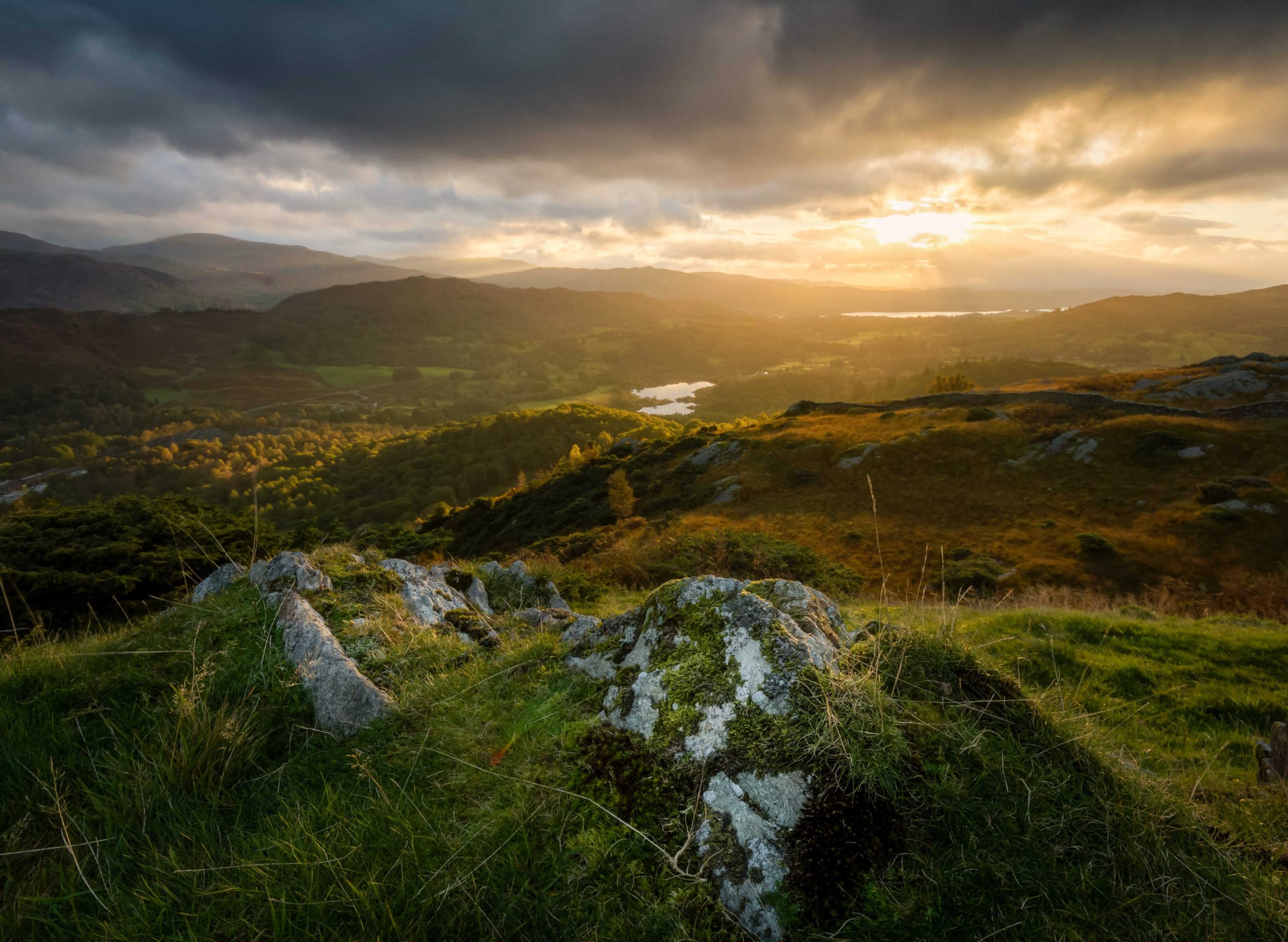Co-operation between Ireland and the UK vital to accelerate decarbonisation plans

Eamon Ryan, the Minister for the Environment, Climate and Communications believes that enhanced cooperation with the UK is critical for Ireland to decarbonise its economy and reach net-zero carbon emissions.
The UK has been a leader in emission reduction through the application of climate legislation and Ireland was intending to replicate these measures with the adoption of five-year carbon budgets, stated Ryan. In turn, Ireland could show the UK how climate action can be pursued in a non-divisive manner, as was happening with the support of the all-party Oireachtas climate committee.
Mr Ryan explained to the Irish Times that we are reaching a stage of a new industrial revolution, but emphasises it must be a revolution that belongs to everybody. Mr Ryan believes further co-operation with the UK could be reached by cooperating on the electrification of everything and balancing renewable electricity and the variable demand from customers. Mr Ryan said further that this all depends on developing the necessary transmission and distribution networks, and won’t work properly if it’s done as isolated islands.
Joanna Whittington, the director-general of energy security with the UK Department for Business, Energy & Industrial Strategy stated that co-operation on renewable electricity was at a high level, particularly in terms of offshore wind resources in the Celtic Sea. Whittington believes this would develop further as countries establish their path towards net-zero and share learnings.
Marie Donnelly, chairwoman of the Climate Change Advisory Council explained that there was a need for every sector in the Irish economy to create a thorough decarbonisation plan for the wider objective of net-zero. Donnelly highlights that there is an opportunity to cooperate on renewable energy, the one key difference with the UK was Ireland’s level of agricultural emissions.
Donnelly highlights that Ireland has been determined to reposition itself and become a global leader in terms of climate action. Acquiring the best grid and capacity to manager variable power, while utilising the most effective resources in the offshore wind were all required to transform the reputation of Ireland.
Mary Quaney, the group CEO of Mainstream Renewable Power explains that renewable energy development capital had shifted its thinking and altered its concept of risk and cost structure, and viewed it more as an opportunity and a growth area. Further investment in the transition would likely continue with added consistent policy support and collaborative plans between other areas would ensure private investment continued.
All News
